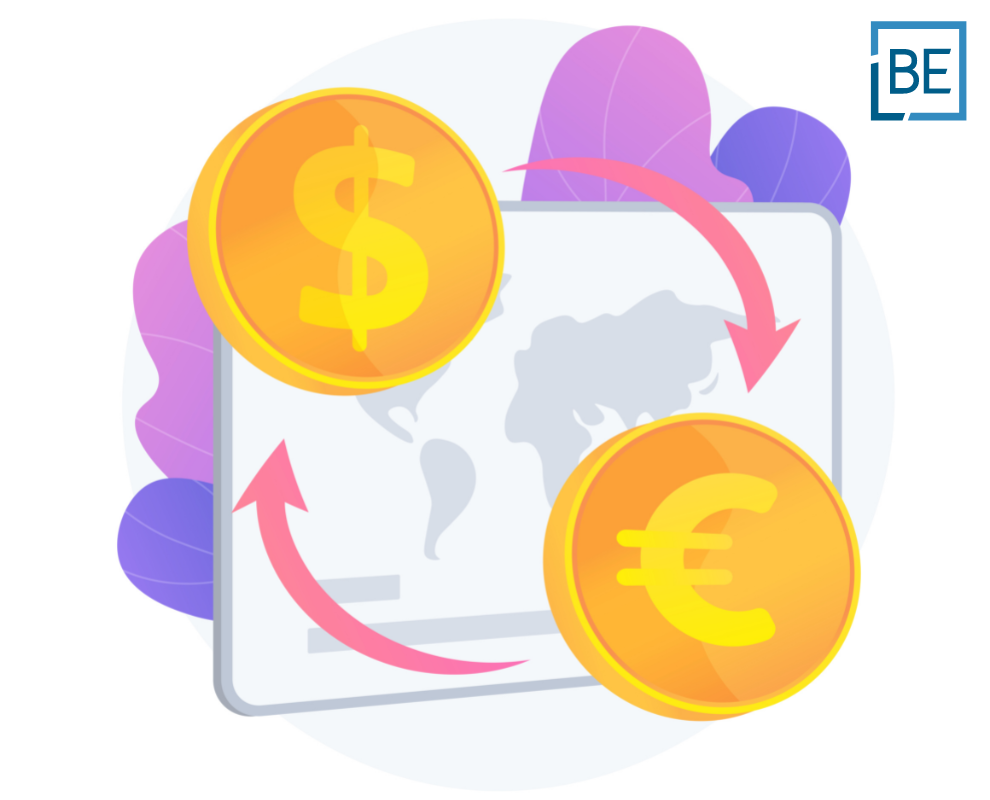legal
Maximiser vos profits : Un guide pour rapatrier l'argent depuis la Thaïlande
07/03/2023
En tant qu'investisseur étranger ou propriétaire d'entreprise opérant en Thaïlande, il peut être nécessaire de transférer des fonds hors du pays. Bien que la Thaïlande soit généralement favorable aux investissements étrangers, elle impose des réglementations strictes et des taxes sur les rapatriements de fonds.
Cet article examine ces règles et taxes applicables au rapatriement des bénéfices depuis la Thaïlande.
Points clés
- Les entreprises et les particuliers peuvent effectuer des transferts d'argent depuis la Thaïlande vers d'autres pays.
- Certains transferts sont assujettis à une retenue à la source.
- Certaines transactions nécessitent l'approbation des banques commerciales.
Pouvez-vous transférer de l'argent depuis la Thaïlande ?
Les particuliers et les entreprises sont autorisés à effectuer des transferts d'argent hors de Thaïlande. Pour ce faire, les informations suivantes sont requises :
- Le nom du bénéficiaire
- Le numéro de compte
- La devise et le montant du transfert
- Le nom et l'adresse de la banque bénéficiaire
- Le code SWIFT ou IBAN de la banque bénéficiaire
- La raison du transfert.
Veuillez noter que si vous êtes un individu étranger rapatriant des revenus à l'étranger, il est possible que vous deviez fournir à la banque une lettre de votre employeur certifiant vos revenus ou un document détaillant l'origine des fonds.
Quelles transactions nécessitent l'approbation bancaire pour le rapatriement de fonds ?
La régulation des contrôles des changes relève du ministère des Finances, visant à superviser les transferts de fonds en devises étrangères.
Les transactions suivantes nécessitent l'approbation des banques commerciales, autorisées par la Banque de Thaïlande, avant que le transfert de fonds puisse être effectué :
- Transferts de 100 millions USD (ou l'équivalent) pour des investissements étrangers ou des prêts à des filiales dans des pays étrangers.
- Transferts d'un million d'USD (ou l'équivalent) pour l'achat d'actions d'une société affiliée dans une société étrangère.
- Transferts illimités pour le remboursement des fonds d'investissement d'une succursale ou d'un bureau de représentation, suite à la dissolution de l'entreprise ou à la réduction du capital ou de la valeur des actions.
- Transferts illimités pour le paiement de dividendes ou de bénéfices au siège social d'une société étrangère.
Faut-il payer une retenue à la source pour rapatrier de l'argent de la Thaïlande ?
Lorsque des bénéfices sont versés à une société ou à un particulier non thaïlandais, ils sont soumis à une retenue à la source. Le paiement de cette retenue doit être effectué auprès du département du revenu avant le 7 du mois suivant.
Voici les retenues à la source imposées lors du transfert de bénéfices depuis la Thaïlande :
Dividendes
Les dividendes sont soumis à une retenue à la source de 10 %. Toutefois, cet impôt peut être réduit en vertu des accords de double imposition.
Par exemple, en vertu de l'accord entre la Thaïlande et Taïwan, le taux de retenue à la source est ramené à 5 % si le résident thaïlandais détient au moins 25 % du capital de la société.
Intérêts
Pour les paiements d'intérêts à l'étranger, la Thaïlande impose une retenue à la source de 15 %.
Cependant, ce taux peut être réduit en vertu d'un accord de double imposition.
Il convient de noter qu'un taux de 10 % est prélevé sur les intérêts versés à une banque, une institution financière ou une compagnie d'assurance des pays suivants :
- Australie,
- Cambodge,
- Chine,
- Hongrie,
- Finlande,
- Malaisie,
- Laos,
- Vietnam.
De plus, l'Italie, l'Allemagne, l'Ukraine et le Japon appliquent un taux de retenue à la source de 0 % si les intérêts sont versés à une institution financière entièrement détenue par le gouvernement.
Redevances
Les redevances sont assujetties à une retenue à la source de 15 %. Cependant, les conventions de double imposition peuvent réduire ce taux à 5 %, 8 % ou 10 %.
Impôt sur les transferts de fonds des succursales
Les bénéfices transférés d'une succursale à une société étrangère sont assujettis à une taxe de 10 % sur les transferts de fonds de la succursale.
Comment Belaws peut-il vous aider ?
Vous pouvez parler directement à l'un de nos experts pour obtenir plus d'informations sur le transfert/rapatriement d'argent depuis la Thaïlande.
Cet article est publié à titre d'information uniquement et ne constitue pas un avis juridique.
Nos consultations durent jusqu'à une heure et sont menées par des juristes experts qui parlent couramment l'anglais, le français et le thaï.
Les consultations peuvent être organisées sur WhatsApp ou sur le Logiciel de Vidéoconférence de votre convenance. Une consultation avec l’un de nos experts juridiques est sans aucun doute le meilleur moyen d’obtenir toutes les informations dont vous avez besoin et de répondre à toutes les questions que vous pourriez avoir sur votre nouvelle entreprise ou votre projet.
150 USD
Jusqu'à 1 heure
Paiement en ligne (Paypal ou carte bancaire)
Les consultations juridiques peuvent être menées en anglais, en français ou en thaï.
Les consultations juridiques sont assurées par des des avocats expérimentés dans les domaines concernés.
Questions fréquemment posées
Pouvez-vous transférer de l'argent hors de Thaïlande ?
Oui, les particuliers et les entreprises peuvent transférer de l'argent hors de Thaïlande en fournissant les informations nécessaires sur le compte et les coordonnées bancaires du destinataire.
Quelles sont les transactions qui nécessitent l'accord de la banque pour un transfert d'argent ?
Les transactions telles que les investissements étrangers ou les prêts aux filiales, l'achat d'actions de sociétés affiliées et le versement de dividendes au siège d'une société étrangère nécessitent l'approbation de la banque.
Les bénéfices transférés de Thaïlande sont-ils soumis à une retenue à la source ?
Oui, les bénéfices transférés de Thaïlande à des entreprises ou des particuliers non thaïlandais sont soumis à une retenue à la source, dont les taux varient en fonction du type de paiement.
Quels sont les taux de retenue à la source pour les dividendes et les paiements d'intérêts ?
Le taux de retenue à la source pour les dividendes est de 10 % et peut être réduit sur la base d'accords de double imposition. Pour les paiements d'intérêts, la Thaïlande impose un taux de retenue à la source de 15 %, qui peut également être réduit en vertu de certains accords.
Quel est le rôle du ministère des finances dans les transferts de fonds en devises ?
Le ministère des Finances supervise la réglementation du contrôle des changes et exige l'approbation des banques pour certaines transactions avant de procéder à des transferts de fonds.
Articles connexes
Abonnez-vous aujourd'hui
Abonnez-vous aujourd'hui
À notre newsletter pour les dernières actualités juridiques
en Asie du Sud-Est, les mises à jour de Belaws et
les offres spéciales sur nos services.
To our newsletter today for all the latest legal news in South East Asia,
Belaws updates and special promotions on our services.







